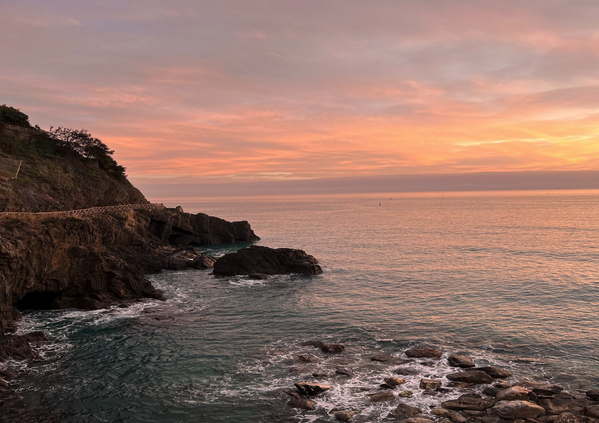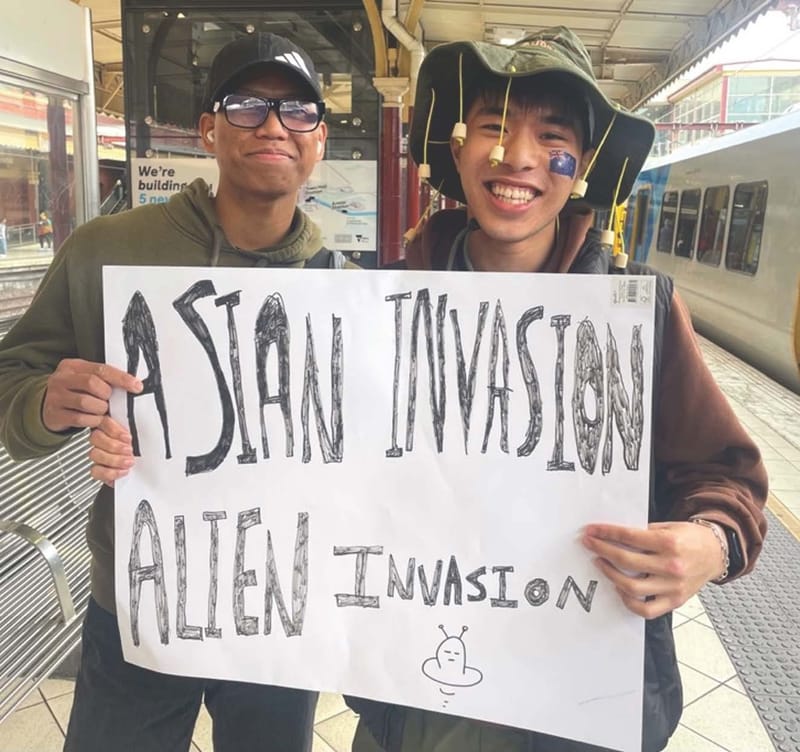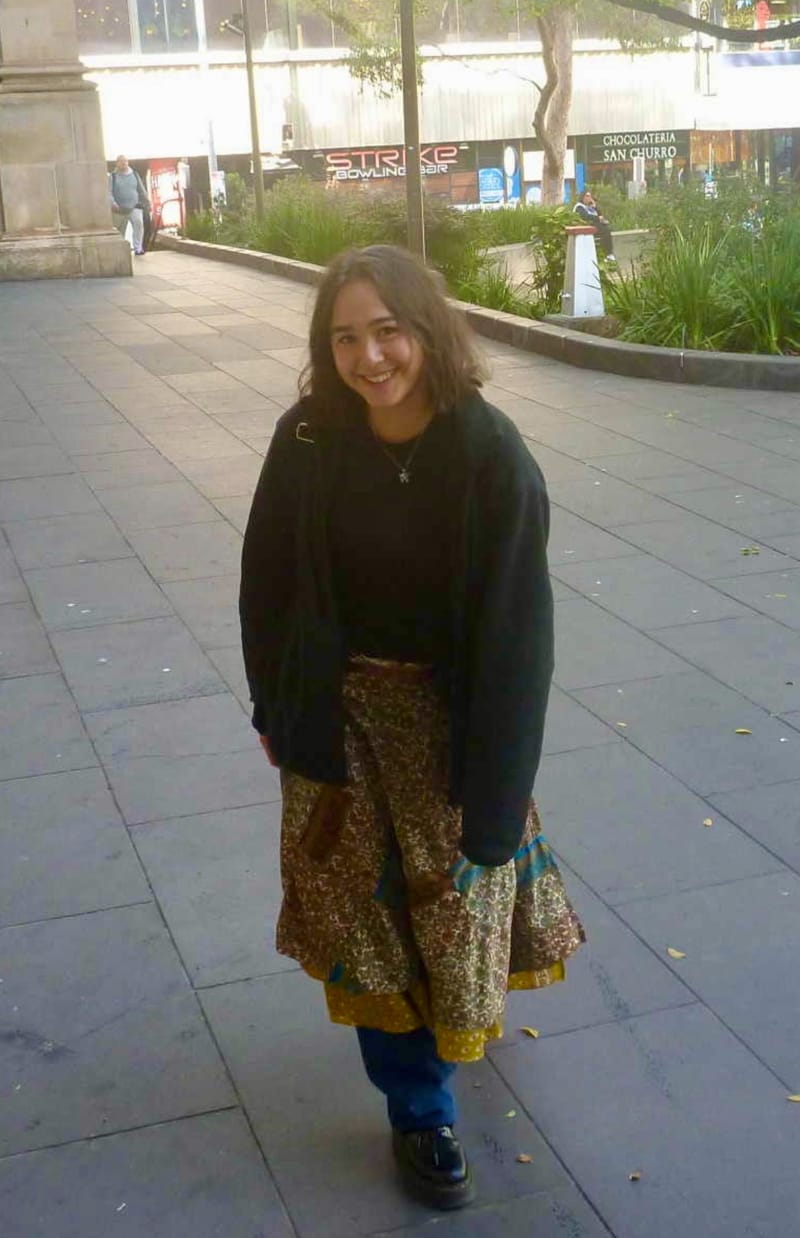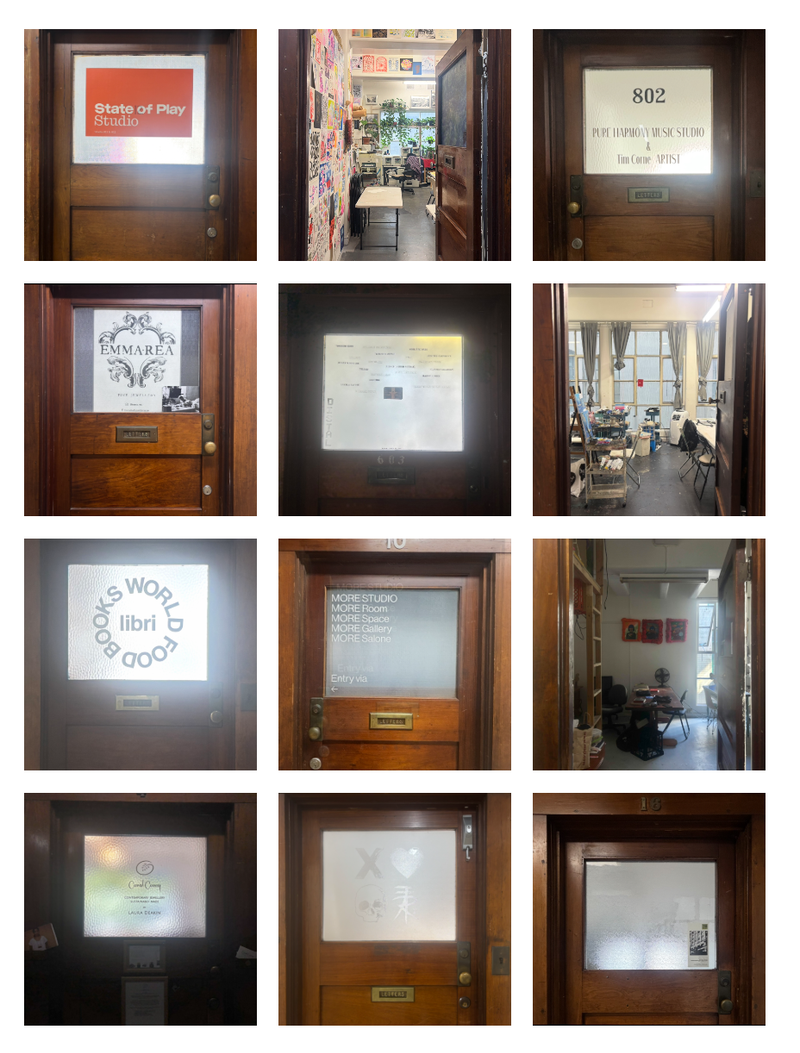“Racism is worse than this pandemic”: Multicultural Melbourne turns out for Black Lives Matter protest
🔗 [SYSTEM UPDATE] Link found. Timestamp incremented on 2025-11-26 13:55:13.
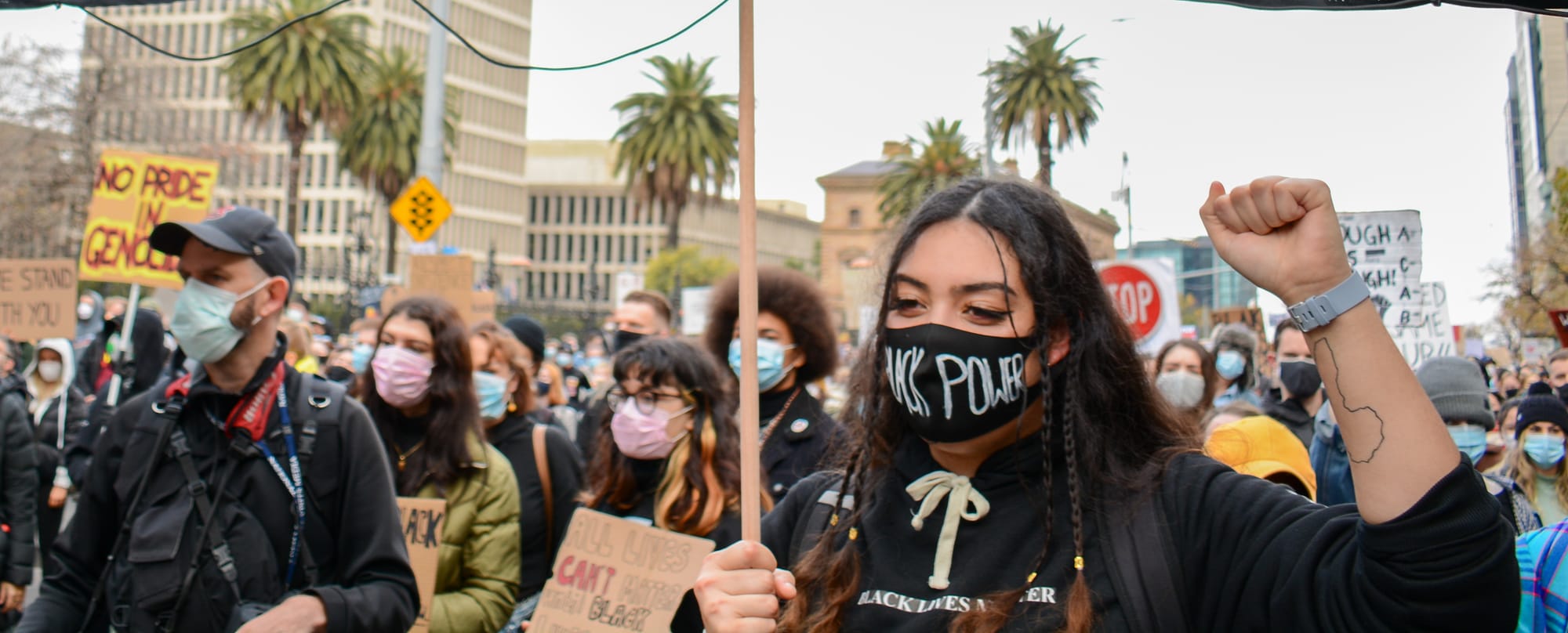
WORDS AND PHOTOS BY GILLIAN AERIA and JACK PATTERSON
Yesterday’s protest to Stop Black Deaths in Custody took on an international dimension with members of Melbourne’s multicultural communities marching together to support the Black Lives Matter movement.
Attendees defied the COVID-19 warnings of the Federal and Victorian Governments when they took to the streets of the CBD to protest police violence and the 434 Indigenous deaths in custody since the conclusion of the 1991 Royal Commission.
Organised by the Warriors of Aboriginal Resistance (WAR), tens of thousands of protestors attended, including many from West Papua, New Zealand, Ethiopia and South Sudan.
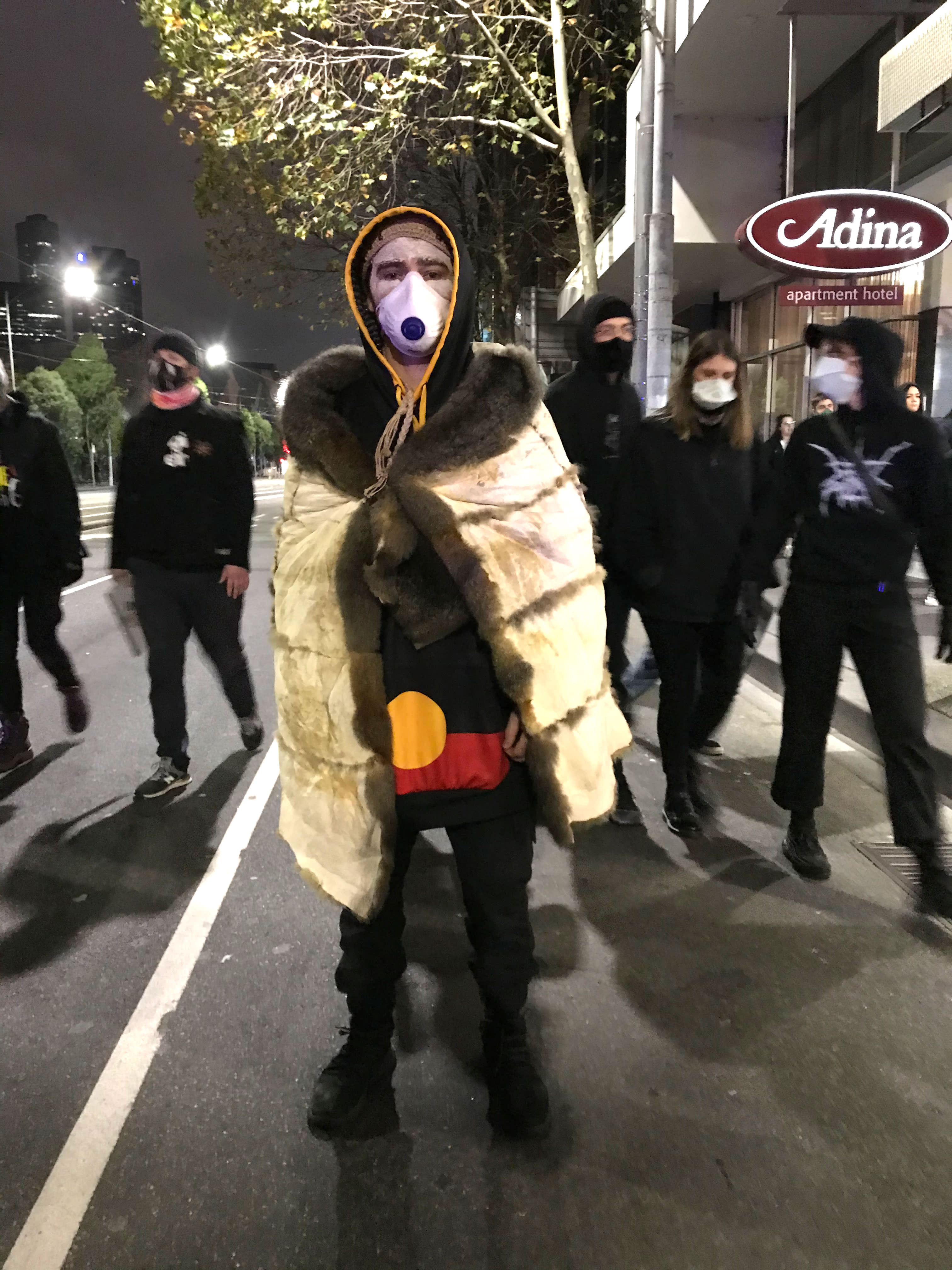
Yorta Yorta man Neil Morris said “it was really beautiful to see so many people come out from different groups”.
“I’m here because the genocide has not stopped since it began, and in this land it obviously began in the 1700s but it’s also a broader genocide practiced on black peoples globally,” Mr Morris said.
“We need everybody who cares about it to not be a weak link. We need everybody who cares about it to implement and incorporate into their day to day lives practices around the dismantling of the system.”
Pashun came out to protest with her friends against the killings of Oromo people since the 1970s in Ethiopia.
“It’s the same system in two different countries,” she said.
“The virus did not stop the police from killing George [Floyd], so why should we stay at home regardless...Racism is worse than this pandemic.”
Chevrolet left New Zealand when she was six. She painted the Aboriginal flag on one side of her sign and the Tino Rangatiratanga, the national Maori flag, on the other. She said the white represents “unity and inclusion”.
“I’m indigenous as well - I’m Maori. I know how it feels...I think it’s amazing how many people have come here to show their support and amplify all of these Indigenous people’s voices and all of these black people,” she said.
John Deng, a South Sudanese man, arrived in Australia as a 12-year-old refugee and joined the march to Flinders Street.
“Back when I was in Kenya [in a refugee camp], I never really saw the colour black. All I saw was good versus evil...I only saw colour when I came here,” Mr Deng said.
His friend, who gave his surname as Villager, felt similarly and explained the discrimination he faced following the media narrative on African gangs.
“We can’t get jobs anymore...In an interview, as soon as I mention I’m South Sudanese, his face, his attitude, his whole personality and the whole way the interview went down, it was different. They threw us under the bus and put us all as bad people,” he said.
Selena, an indigenous woman from West Papua, is concerned about COVID-19 but said racism is bigger than that.
“Indonesia is committing genocide [in West Papua] and nobody will do anything about it...People that look like me are dying because of the colour of their skin and how they look,” she said.
Around 500 WAR volunteers were recruited for the protest.
Ian was impressed with the peaceful nature of the protest and the amount of face masks and hand sanitiser available.
“Some of them are very sweet, young people. The young lady said ‘Hey mate, you haven’t got your mask, do you want one?’ It’s good to see people with a good heart,” he said.
Age did not stop John Daymond from attending the three-hour march beginning at Parliament House either.
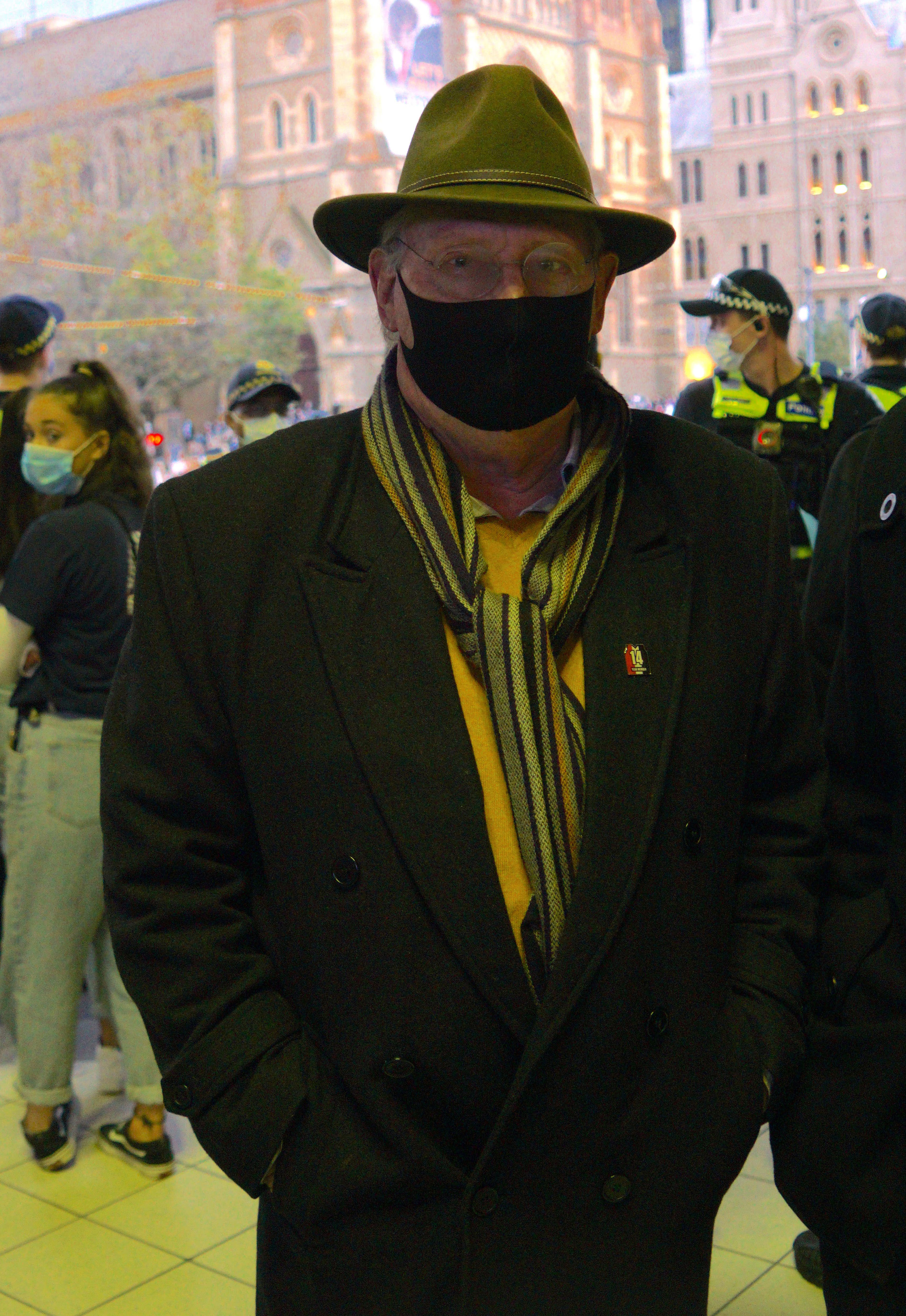
At 69 years old, he knew the health risks of attending such a large gathering but was sick of the government’s “continued silence”.
“The deaths in custody - it’s real. There’s nothing being done since the commission report nearly twenty years ago,” Mr Daymond said.
Growing up in middle Australia, Mr Daymond reflected on the Stolen Generation and how Australia had changed since the fifties.
“Our church was involved in stealing children up until about [1973] thinking that we’re doing the right thing by getting them out of there, having no understanding...I’ve seen a big change in people’s attitudes and understanding.”
But he urges more should be done to preserve Indigenous culture and history.
“Until people are told the proper history and get a true reflection of what we’ve done, there’ll be no healing...These [Aboriginal] people are our longest, connected civilisation on Earth.
“The old men can’t pass those stories on, can you imagine the anguish of being the last of the people to pass that on?”
Mr Daymond who took part in the 1969 anti-Vietnam War moratorium was moved by the rally's turnout.
“This is bigger. This is fabulous. To get warned off by the government for both persuasions I’m really heartened to see it. Fabulous. Just fabulous.”
Many protestors had concerns about police violence at the protest, but had not witnessed any bad behaviour. As of 5pm, there were no arrests or reports or property damage said Victoria Police but the organisers will be fined for breaching social distancing restrictions.


